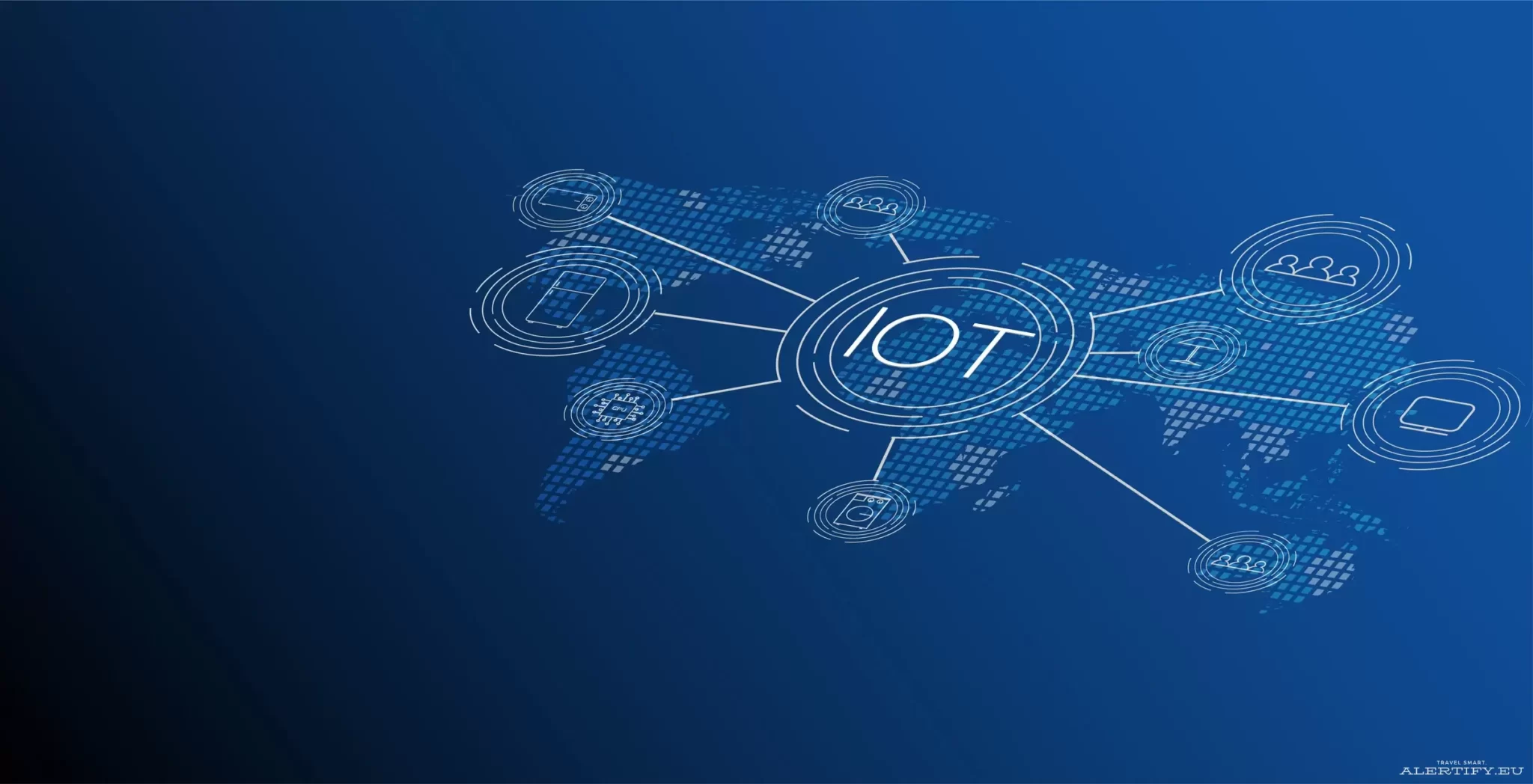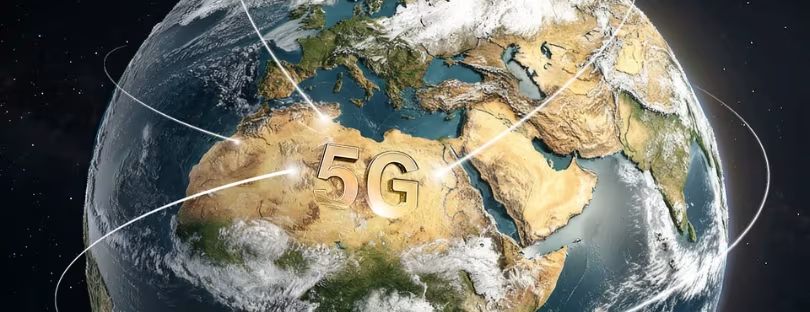
5G is The New Leading Cellular Technology
5G is the 5th generation mobile network. It is a new global wireless standard after 1G, 2G, 3G, and 4G networks. 5G enables a new kind of network that is designed to connect virtually everyone and everything together including machines, objects, and devices. More about 5G as the Leading Cellular Technology find out below.
5G wireless technology is meant to deliver higher multi-Gbps peak data speeds, ultra-low latency, more reliability, massive network capacity, increased availability, and a more uniform user experience to more users. Higher performance and improved efficiency empower new user experiences and connect new industries.
- The geopolitical situation will hinder growth in CEE significantly in 2022 and 2023. Russia’s 5G adoption suffers greatly due to sanctions.
- 5G is the new leading cellular technology until 6G comes in 2030
- 2G/2.5G is far from dead and still holds a significant share of the market and the share will remain double-digit still in 2027. Africa region still needs low-cost handsets where 2G/2.5G feature phones fit very well.
- 4G remains the main technology in Africa region throughout our forecast period as their transition to 5G is slow.
- 3G is dying as operators all around the world are re-farming 3G networks for 4G and 5G. 3G is still very much alive in Africa and will remain the second-largest smartphone segment.
- China leads 5G revolution and will remain the top country through our forecast period.
- India is growing to become one of the leading 5G countries despite slow take-off. India is a great country for vendors seeking new growth in mid-priced 5G smartphones., Strategy Analytics reports.
This impact is much greater than previous network generations. The development requirements of the new 5G network are also expanding beyond the traditional mobile networking players to industries such as the automotive industry. Leading Cellular Technology
How do consumers use 5G?
The average consumer is expected use close to 11 GB of data per month on their smartphone in 2022. This is driven by explosive growth in video traffic as mobile is increasingly becoming the source of media and entertainment, as well as the massive growth in always-connected cloud computing and experiences.
4G completely changed how we consume information. In the past decade we have witnessed leaps and bounds in the mobile app industry around services such as video streaming, ride sharing, food delivery and more.
5G will expand the mobile ecosystem to new industries. This will contribute to cutting-edge user experiences such as boundless extreme reality (XR), seamless IoT capabilities, new enterprise applications, local interactive content and instant cloud access, to name a few.
How do businesses use 5G?
With high data speeds and superior network reliability, 5G will have a tremendous impact on businesses. The benefits of 5G will enhance the efficiency of businesses while also giving users faster access to more information.
Depending on the industry, some businesses can make full use of 5G capabilities, especially those needing the high speed, low latency, and network capacity that 5G is designed to provide. For example, smart factories could use 5G to run industrial Ethernet to help them increase operational productivity and precision.
How do cities use 5G?
Smart cities could use 5G in a variety of ways to transform the lives of people living in them—primarily providing greater efficiencies like more connectivity between people and things, higher data speeds, and lower latency than ever before in areas like automotive safety, infrastructure, VR, and entertainment.










